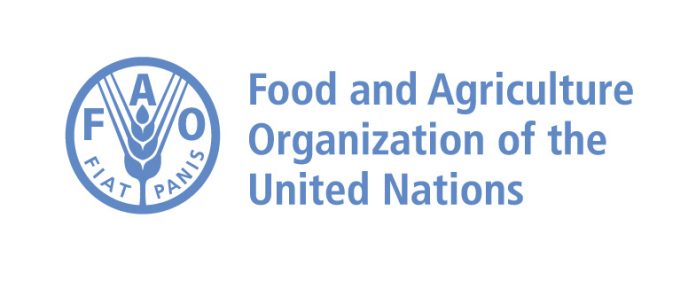ISLAMABAD
Participation in the development of international food standards for trade is essential if countries are to reap the benefits of booming global trade and prepare for imminent technological changes. This statement was released according to a joint publication issued by the UN’s Food and Agriculture Organisation (FAO) and the World Trade Organisation (WTO).
Developing countries, in particular, should invest in the capacity and skills to achieve effective engagement in institutions and multilateral bodies such as the WTO and Codex Alimentarius – the world’s primary international food standards setting body.
It advocates for deeper involvement by developing countries in both the harmonized food standard-setting processes in Codex Alimentarius and the WTO’s Sanitary and Phytosanitary (SPS) and Technical Barriers to Trade (TBT) Committees.
“When food standards and international trade work hand-in-hand, they help to ensure food safety, as well as improved nutrition across the globe. This can help to promote growth and development, and to deliver on many of the new Sustainable Development Goals,” said WTO Director-General Roberto Azevêdo.
More effective engagement has also the potential to make the international $1.7 trillion market in agriculture products more inclusive, allowing small-scale food producers and processors to participate in large-scale value chains. To achieve this, governments must devote attention and muster national consensus on their food policy priorities.
Such an approach is increasingly imperative in a time of growing consumer concerns about microbes, pesticides, food additives and nutrition and of greatly increased technological abilities to control the quality, safety and origins of food products.
“Food safety and food standards are crucial to unlock the potential of an important tool to fight hunger, which is trade,” said FAO Director-General José Graziano da Silva. “Public and private sectors, operators from all parts of the food value chain, civil society organizations, academic and research organizations – all have essential roles in developing sound and credible systems of food safety management.”
The central body for food standards is Codex Alimentarius, jointly run by FAO and the World Health Organization (WHO). Codex, whose 188 Members represent 99 per cent of the world’s population, has since its establishment in 1963 promulgated food standards, guidelines and codes of practice covering almost 200 food commodities and more than 300 food additives and defined almost 5000 maximum pesticide residue limits.
The WTO’s SPS and TBT Agreements set out the basic rules on how governments can apply food safety and animal and plant health measures as well as technical regulations for policy objectives including human health and safety, environmental protection and consumer information. The SPS Agreement makes specific reference to standards developed by Codex for food safety, and WTO members frequently refer to these standards in discussions in the TBT Committee.
The publication also illustrates some of the drivers of change in the area of food regulation – digitalisation, new production and processing technologies, and e-commerce, as well as labelling trends, new trade deals and changing dietary and consumer preferences – that will all have an increasingly profound impact on the food trade and food safety landscape.




